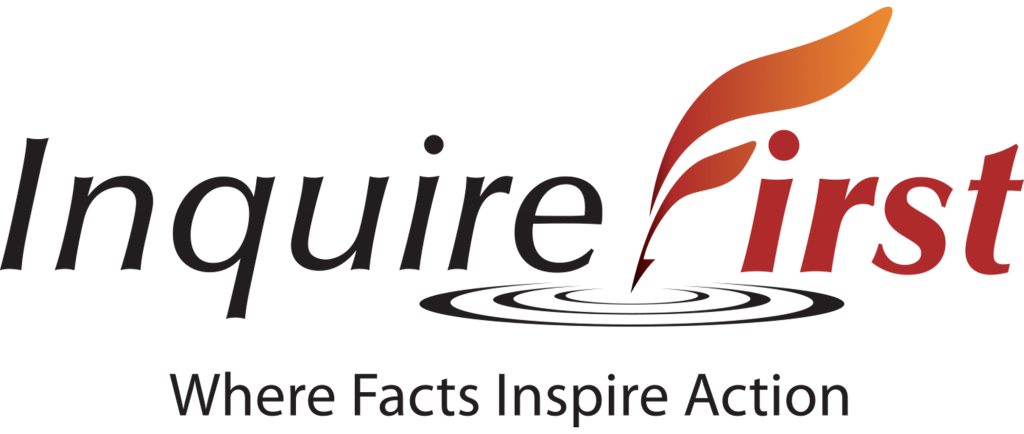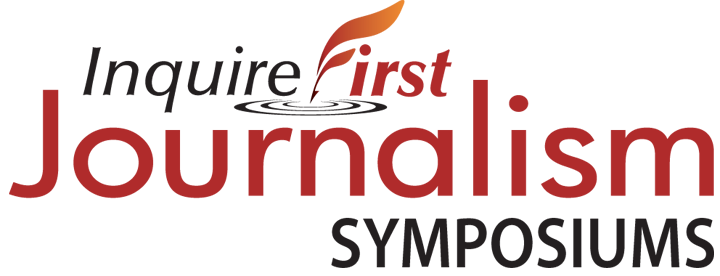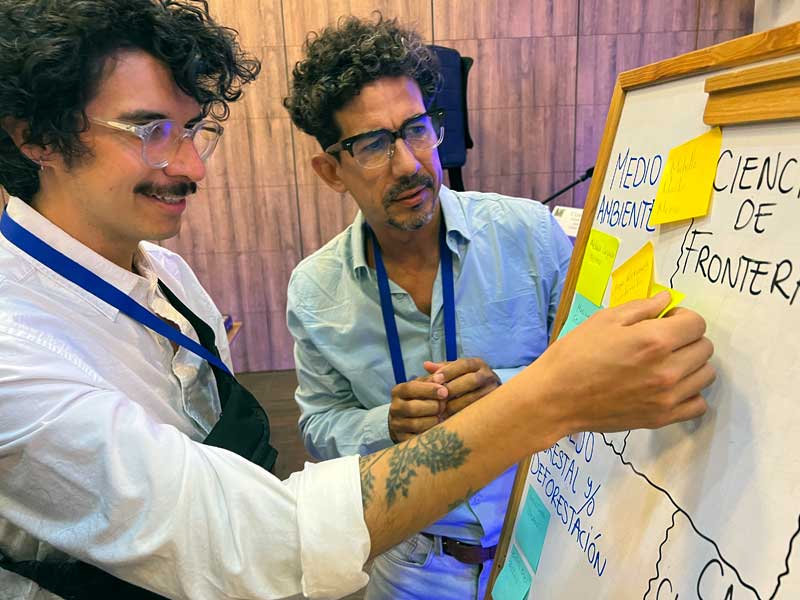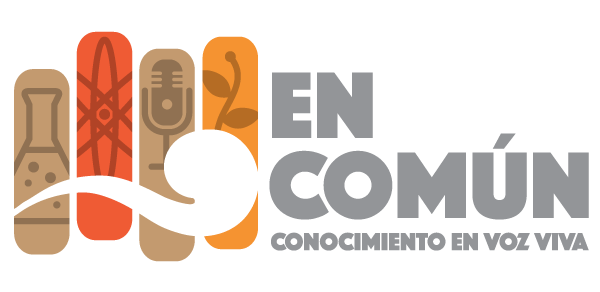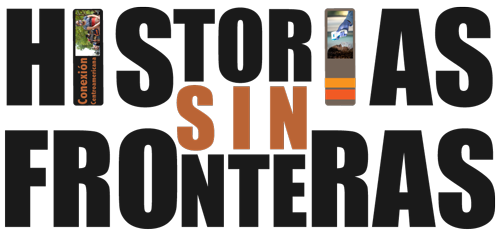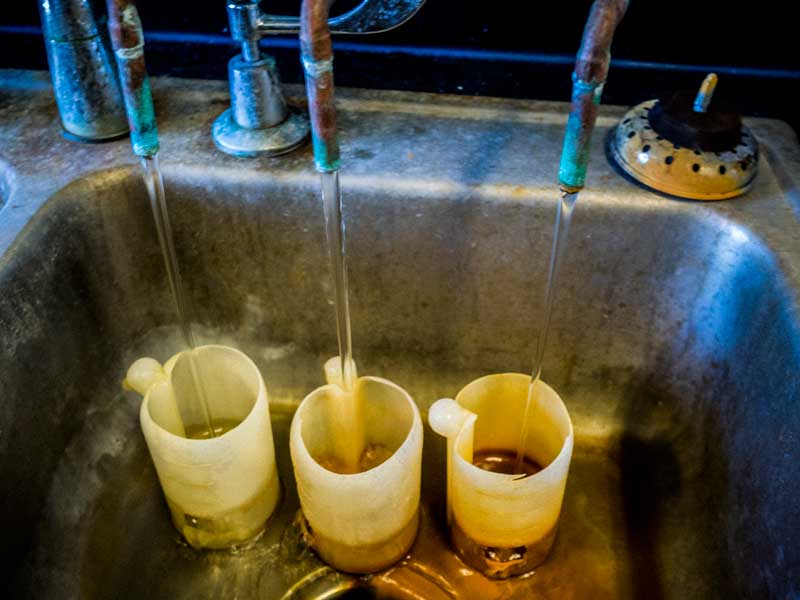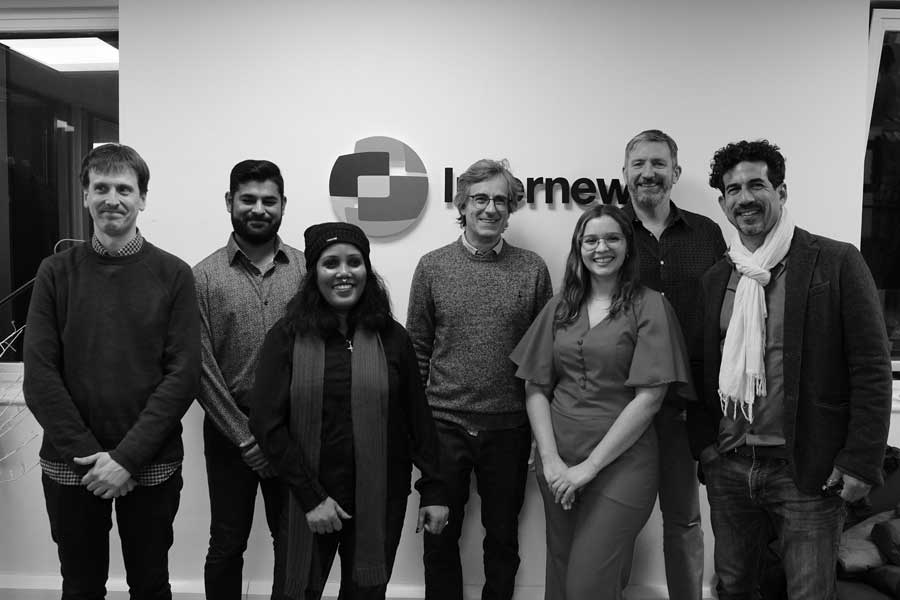
Historias Sin Fronteras co-founder and editor Iván Carrillo awarded first-ever Earth Journalism Network fellowship
Our congratulations to Iván Carrillo, co-founder and editor of Historias Sin Fronteras, who received a 2024 Year-Long Reporting Fellowship – the first ever awarded by the Earth Journalism Network (EJN).
Iván is one of only four journalists in the world to receive this prestigious fellowship. The three other journalists who have been awarded the Fellowship are from Kenya, Trinidad and Tobago and Brazil.
Since 2019, when InquireFirst launched Historias Sin Fronteras at the World Conference of Science Journalists in Lausanne, Switzerland, Iván has guided 14 cross-border science, health and environment projects from idea to reporting to writing to publication.
He has worked with 40 journalists from countries throughout Latin America whose Historias Sin Fronteras projects have been published by 52 media organizations.
Ivan has focused much of his own reporting on climate change and the impact on biodiversity. His work has appeared in National Geographic and the Latin American editions of Newsweek. And he has collaborated with Discovery Channel, CNN in Español, El WESO, Radio Mexiquense, Grupo Expansión and many other media organizations.
We are also thrilled that Iván is the co-founder and executive producer of our science, health and environment radio program, En Común: conocimiento en voz viva.
Iván traveled to London in February 2024 to attend an EJN orientation and training workshop that focuses on subjects such as covering global biodiversity policy, guidelines for reporting on Indigenous conservation practices, strategies to unpack climate science for audiences, the crucial role of ocean diplomacy, and much more.
Iván will be focusing his reporting during the Fellowship on biodiversity.
EJN Biodiversity Trainer Mike Shanahan, who will be working with Iván on story production and professional development, said, “There is no shortage of stories to tell about the many environmental challenges facing humanity, but it is rare for journalists to have the freedom to report in depth on these issues. EJN’s year-long fellowships will enable four highly committed journalists to immerse themselves in their chosen topics while developing their knowledge and skills through tailored support and training.”
